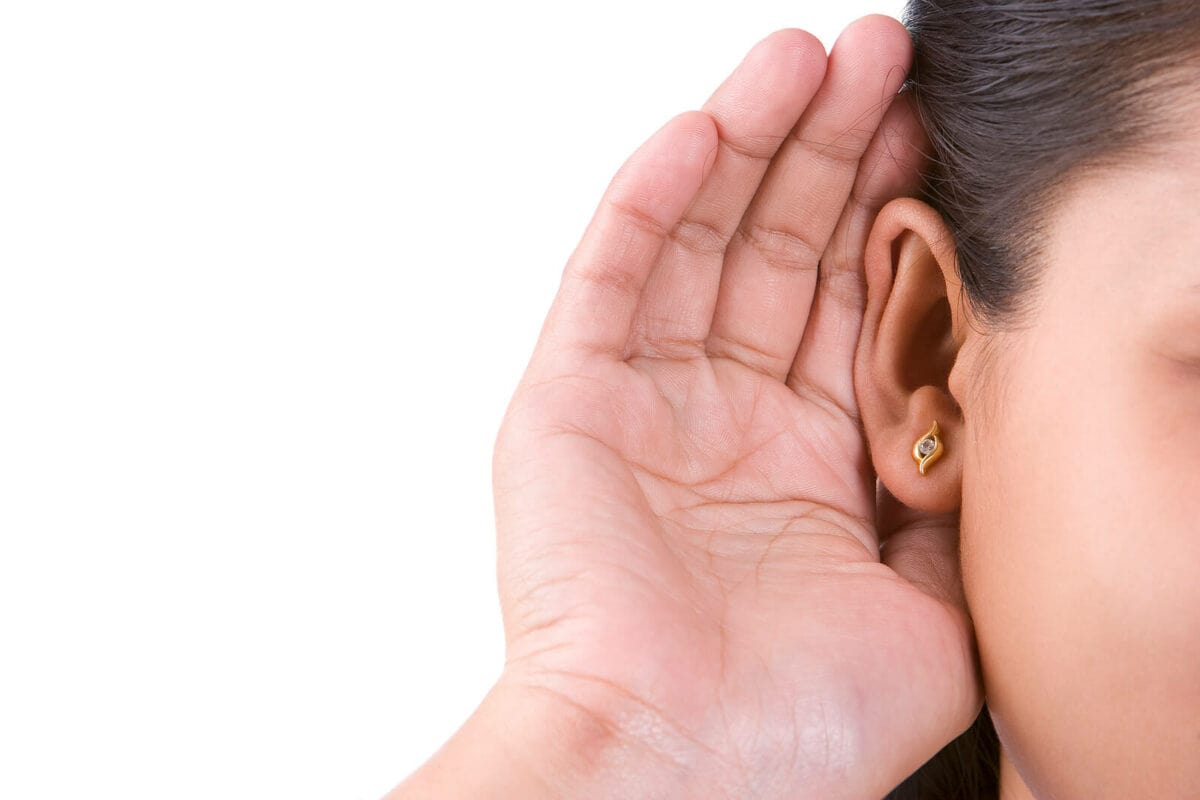Hearing health is a precious asset that often goes unnoticed until it begins to deteriorate. However, with the latest advancements in hearing loss prevention, diagnosis, and management, we can take proactive steps to protect and preserve our hearing. In this article, we will explore the importance of daily maintenance for sustaining hearing health, incorporate recent research findings, and discuss potential futuristic interventions. As hearing professionals, we understand that early detection is key to ensuring our patients enjoy a lifetime of good hearing.
The Importance of Hearing Health
Our sense of hearing is integral to our daily lives. It connects us with the world around us, allowing us to communicate, navigate, and experience the richness of sound. Hearing loss can impact one’s quality of life, leading to social isolation, depression, and cognitive decline. It is a hidden disability that often goes untreated, highlighting the need for proactive hearing health maintenance and early detection.
Daily Maintenance for Hearing Health
Protect Your Ears
Exposure to loud sounds is a leading cause of hearing loss. To protect your hearing, avoid prolonged exposure to loud environments, and use hearing protection, such as earplugs or earmuffs, when necessary. The 60/60 rule is a good guideline: limit headphone or earphone use to 60% of the maximum volume for no more than 60 minutes at a time.
Maintain a Healthy Lifestyle
Research has shown a strong connection between overall health and hearing health. A well-balanced diet, regular exercise, and proper hydration can all contribute to maintaining healthy hearing. Additionally, smoking and excessive alcohol consumption can increase the risk of hearing loss, so minimizing these behaviors is essential.
Monitor Medications
Certain medications, such as ototoxic drugs, can damage the inner ear and lead to hearing loss. It is crucial to discuss any concerns with your healthcare provider and explore alternative medications if necessary.
Regular Hearing Check-ups
Regular hearing check-ups are fundamental for early detection and management of hearing loss. Hearing professionals can conduct thorough assessments to identify any changes in your hearing. Adults should consider having a hearing evaluation every 3-5 years, and more often if they are at higher risk.
Recent Advancements in Hearing Loss Prevention and Diagnosis
Smartphone Apps and Self-Tests
Advances in technology have made it easier for individuals to monitor their hearing health. Smartphone apps and self-administered hearing tests have become valuable tools for preliminary screenings. These tests can provide an initial assessment and prompt users to seek professional evaluation if necessary.
Hearing Protection Devices
The development of innovative hearing protection devices has empowered individuals to take control of their hearing health. High-fidelity earplugs and custom-fitted hearing protection are now available, allowing people to enjoy music and other loud environments without risking their hearing.
Genetic Screening
Research into the genetic underpinnings of hearing loss has led to the development of genetic screening tests. These tests can identify individuals who may be genetically predisposed to hearing loss. Early identification of genetic factors can help guide personalized prevention and management strategies.
Telehealth Services
Telehealth services have become a crucial resource in the field of audiology. They enable hearing professionals to conduct remote assessments and offer consultations, making hearing healthcare more accessible, especially during the ongoing COVID-19 pandemic.
Future Interventions
As technology continues to advance, the future of hearing health holds exciting possibilities:
Regenerative Therapies
Recent research has focused on regenerative therapies, such as stem cell treatments, to restore damaged hair cells in the inner ear. While these treatments are in the experimental stage, they offer hope for the potential restoration of hearing in the future.
Hearing Aids and Cochlear Implants
Advancements in hearing aid and cochlear implant technology are ongoing. These devices are becoming increasingly discreet, efficient, and customizable, providing a more natural listening experience.
Cognitive Training
Research suggests a strong link between hearing loss and cognitive decline. Cognitive training programs are being developed to help individuals with hearing loss improve their cognitive abilities and mitigate the potential consequences of reduced auditory input.
Noise-Canceling Technologies
Innovations in noise-canceling technology are expanding into the hearing healthcare industry. These technologies can help reduce the impact of background noise, improving speech understanding and overall listening comfort.
Compassionate and Early Detection
It cannot be stressed enough that early detection of hearing loss is paramount to preserving hearing health. Hearing professionals are here to guide and support individuals in this journey. Early intervention, such as hearing aids or other assistive devices, can significantly improve one’s quality of life and prevent the progression of hearing loss.
We encourage everyone to approach hearing health with compassion, understanding that it is a journey that many will undertake. Friends and family play an essential role in supporting those with hearing loss by promoting open communication and patience. By raising awareness and advocating for regular hearing check-ups, we can collectively work toward a world where hearing loss is detected and managed promptly.
Daily maintenance is the cornerstone of hearing health. By protecting our ears, maintaining a healthy lifestyle, monitoring medications, and prioritizing regular hearing check-ups, we can take proactive steps to preserve our hearing. The latest advancements in hearing loss prevention, diagnosis, and management, coupled with potential futuristic interventions, hold the promise of a brighter future for those with hearing loss. Remember, early detection is key, and hearing professionals are here to support you every step of the way on your hearing health journey.


